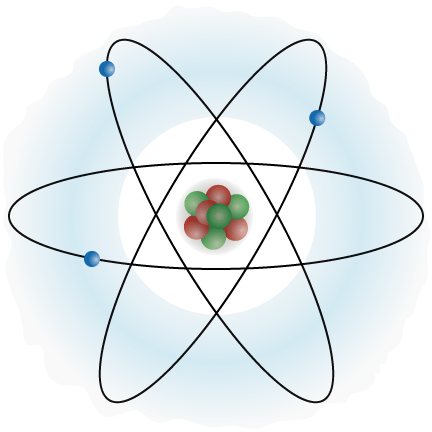Spinwaves Shown to Be More Efficient Quantum Memory
The battle for more milliseconds is heating up.
Researchers in China and Germany said they have found a much more effective way to store data in a quantum system environment while being able to retrieve a significant share of the data. Using a magneto-optical trap, they were able to hold the data in a quantum state for 3.2 milliseconds.
That may not sound much, but is a huge step in quantum memory efficiency. Current storage durations in quantum systems are typically measured in nanoseconds and typically deliver about 200 to 300 nanoseconds of storage duration while providing 85 percent data retrieval capability. This new system gave researchers 3.2 milliseconds as well as 75 percent retrieval rate.
The key of the research is a magneto-optical trap the scientists used to slow down atoms via a laser beam. This process allowed them to "trap" them in a "vertical triangular trap". Adding a photon created a spin that affected all atoms and created a so-called spin wave. A second laser fired at the same frequency as the first but with the opposite polarization, which enabled the researchers to convert the spin back to a photon, revealing the quantum state information being held first in the original photon, and was transported through the wave.
Embedding information in this spin wave enabled the system to hold on to "quantum state information for a specified period of time", the researchers said. They now believe that optical lattices into the trap they could make the design even more efficient. The scientists also noted that this technology could be key to be able to create memory storage devices for an actual quantum computer.
Get Tom's Hardware's best news and in-depth reviews, straight to your inbox.

Douglas Perry was a freelance writer for Tom's Hardware covering semiconductors, storage technology, quantum computing, and processor power delivery. He has authored several books and is currently an editor for The Oregonian/OregonLive.
-
killabanks what kind of problems will quantum computers solve? sounds like we are still far off from a working prototypeReply -
house70 3.2 ms? If it can solve a problem in less than that, then no issue at all, it can transmit the result to a "traditional" computer and then go to sleep.Reply -
subasteve5800 killabankswhat kind of problems will quantum computers solve? sounds like we are still far off from a working prototypeReply
http://en.wikipedia.org/wiki/Shor%27s_algorithm -
officeguy Quantum computing just sounds so cool to me and I enjoy reading about it even though I will never understand it, nor that I would want too :)Reply -
djscribbles Am I the only one who is always gladdened at not pursuing a degree in physics when I see an article about quantum computing?Reply
edit: I mean, I consider myself a pretty smart guy, but that stuff just 'hurts muh brehn' :( -
upgrade_1977 So they put the watchamachallit into the thingamajigger so the angle of the dangle is directly proportional to the heat of the beat?Reply -
master_chen ReplyA second laser fired at the same frequency as the first but with the opposite polarization, which enabled the researchers to convert the spin back to a photon, revealing the quantum state information being held first in the original photon, and was transported through the wave.
This actually sounds quite much the way Pulse Rifle from Unreal Tournament makes it's burst shots of plasma...
